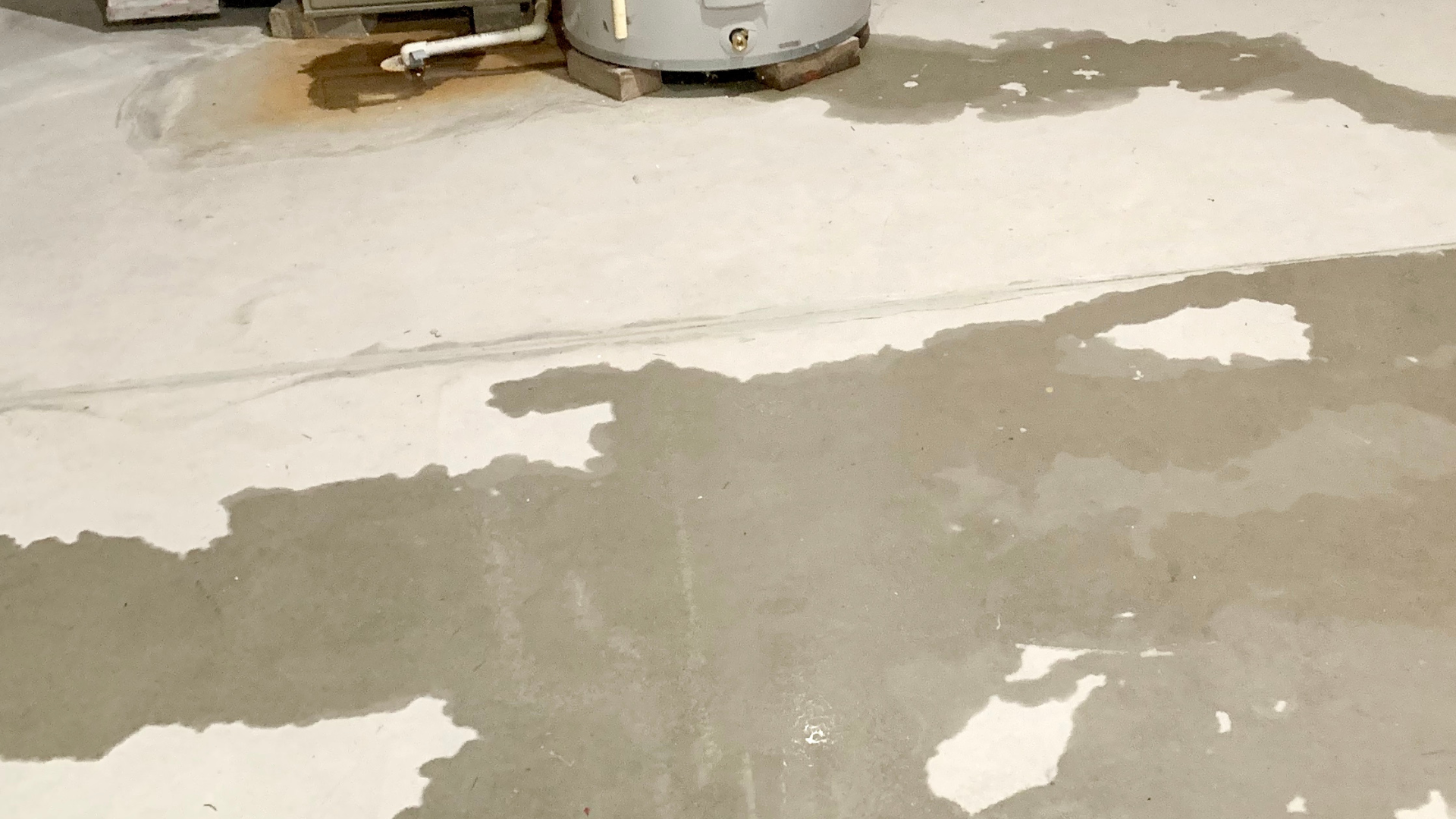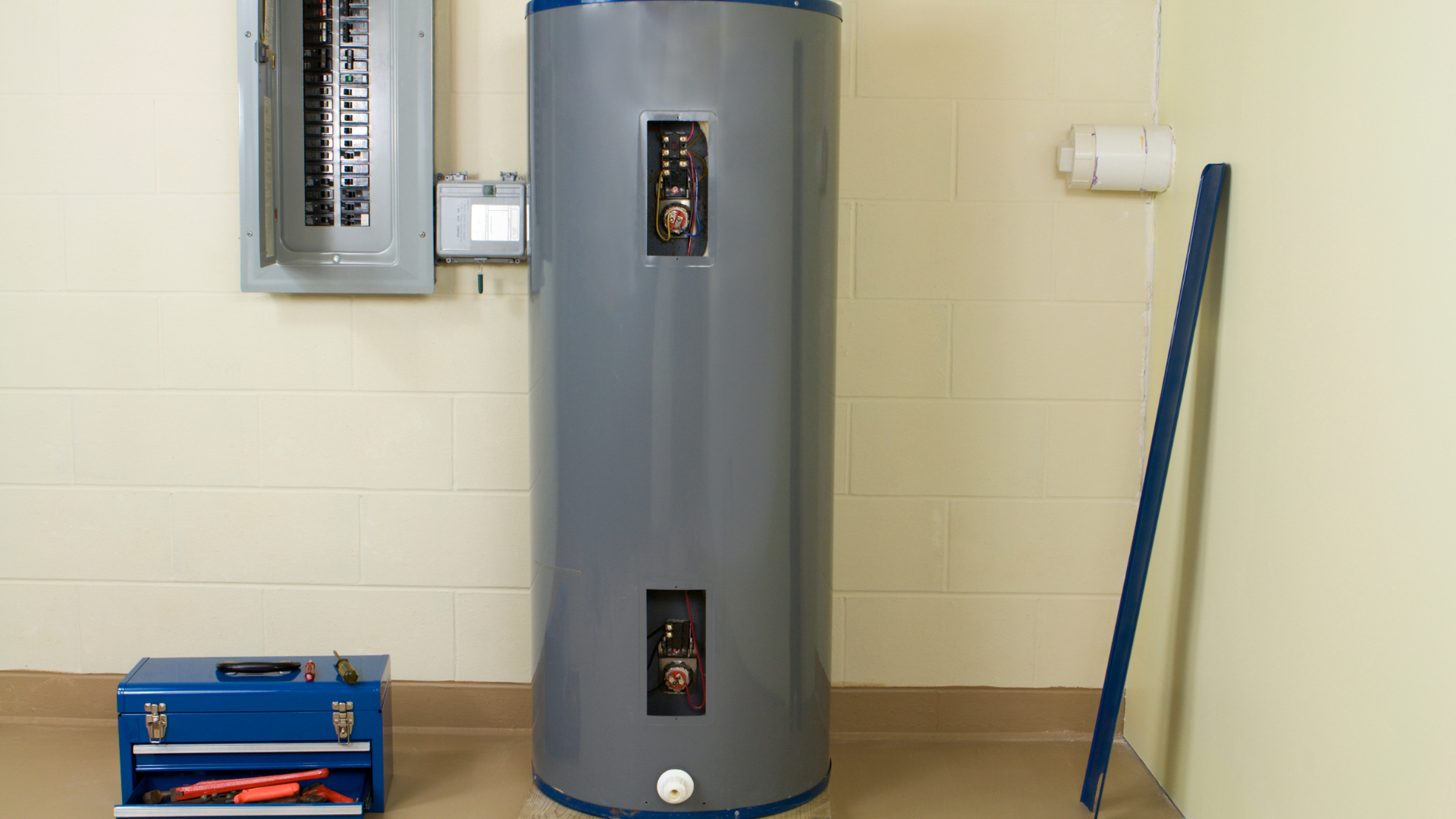Texas
Your Texas Home Project: Understanding Licensing, Sales Tax, and Verification

Planning a home improvement project in Texas means navigating a unique landscape where general contractor licensing is handled at the local level, while specific trades are regulated statewide. Understanding how these licenses work and how sales tax applies is crucial for a smooth and compliant project.
Contractor Licensing in Texas: Local for General, State for Trades
Texas is one of the few states that does not have a statewide general contractor license. This means that for general construction, remodeling, or home improvement work, there is no single state agency that licenses contractors.
Instead, licensing and registration requirements for general contractors are typically set and enforced by individual cities or counties.
- Local (City/County) Requirements:
- Many larger cities in Texas (like Austin, Dallas, or San Antonio) do require general contractors or home improvement contractors to register, obtain permits, and/or meet local licensing standards before performing work within their jurisdiction.
- These local requirements can vary significantly and may include:
- Business registration with the city/county.
- Proof of experience or education.
- Passing a local licensing exam.
- Obtaining a surety bond (often between $5,000 and $25,000, depending on the location).
- Carrying general liability and workers' compensation insurance.
- Always contact your local city or county's building department or permitting office to understand their specific requirements for the type of work you need done.
- Statewide Trade-Specific Licenses: While general contractors are regulated locally, several key trades are licensed at the state level:
- Plumbing Contractors: Licensed by the Texas State Board of Plumbing Examiners (TSBPE). This includes various levels such as Tradesman Plumber-Limited, Journeyman, and Master Plumber. Companies offering plumbing services must be headed by a Responsible Master Plumber (RMP).
- Electrical Contractors: Licensed by the Texas Department of Licensing and Regulation (TDLR). This includes individual licenses (Apprentice, Journeyman, Master Electrician) and business licenses (Electrical Contractor). Electrical contractors must employ a licensed master electrician.
- HVAC (Air Conditioning and Refrigeration) Contractors: Licensed by the Texas Department of Licensing and Regulation (TDLR). There are Class A (any size unit) and Class B (limited size units) licenses. Individuals performing the work also need technician registrations.
- Fire Sprinkler and Alarm Contractors: Also licensed by TDLR.
- Well Drillers and Pump Installers: Licensed by the Texas Department of Licensing and Regulation (TDLR).
It is crucial to ensure that any trade professional you hire (e.g., for plumbing, electrical, or HVAC) holds a current, active state license for their specific trade.
Sales Tax on Home Service Projects in Texas
Texas has a state sales and use tax rate of 6.25%. In addition to this, local sales taxes (city, county, transit, and special purpose district) can apply, bringing the total combined rate up to 8.25% in many areas.
The application of sales tax to home service projects in Texas depends heavily on whether the project is considered "new construction," "residential repair/remodeling," or "nonresidential repair/remodeling," and on the type of contract used.
- New Construction (Residential & Nonresidential):
- Labor for new construction is NOT taxable.
- Materials incorporated into new construction ARE taxable.
- Lump-Sum Contract: If your contractor charges one price for the entire job (materials + labor), they are considered the "consumer" of the materials. They pay sales tax on all materials when they purchase them from their suppliers and do not charge you, the customer, sales tax.
- Separated Contract: If your contractor itemizes materials and labor separately, they act as a "retailer" of the materials. They purchase materials tax-free using a resale certificate and then must collect sales tax from you on the separately stated charge for the materials. The labor charge remains non-taxable.
- Residential Repair, Remodeling, or Restoration:
- Labor to repair, remodel, or restore residential real property is NOT taxable.
- Materials incorporated into residential real property are taxable.
- The same rules for lump-sum vs. separated contracts as "new construction" apply. If lump-sum, contractor pays tax on materials. If separated, contractor charges you tax on materials.
- Nonresidential Repair, Remodeling, or Restoration:
- The total charge for both labor AND materials used to repair, remodel, or restore nonresidential real property is TAXABLE. This includes reroofing and repainting.
- In this case, the contractor collects sales tax from you on the entire invoice, regardless of whether it's lump-sum or separated.
- Maintenance Services (Residential & Nonresidential):
- Charges for "maintenance services" (work performed to keep property in good working order, not to fix something broken or to improve it) are generally NOT taxable. For example, routinely cleaning gutters. This is distinct from repairs or remodeling.
It is crucial to have a clear understanding with your contractor about how your specific project is classified (new construction, residential remodel, repair, maintenance) and whether they are using a lump-sum or separated contract, as this dictates how sales tax is handled. This should be explicitly stated in your contract.
How to Verify Licensing in Texas
Verifying contractor credentials in Texas requires checking both state and local resources.
- Texas Department of Licensing and Regulation (TDLR) - License Search:
- This is the primary resource for verifying electrical, HVAC, and some other specialized licenses.
- You can search by license number, name, or business name.
- TDLR License Search: www.tdlr.texas.gov/LicenseSearch/ (or search "TDLR license search")
- Texas State Board of Plumbing Examiners (TSBPE) - License Verification:
- This is where you verify plumbing licenses.
- You can search by individual name, license number, or location.
- TSBPE License Verification: tsbpe.texas.gov/license-verification/ (or search "TSBPE license verification")
- Local City/County Building Departments:
- For general contractors and home improvement contractors, you must contact the building department or permitting office of the specific city or county where your project is located.
- Ask them about their local contractor registration/licensing requirements and verify if your prospective contractor is registered and in good standing. They can also confirm if your project requires permits.
- Examples (search for these on their official city websites):
- City of Austin Development Services Department
- City of Dallas Department of Development Services
- City of Houston Permitting Center
- City of San Antonio Development Services Department
- Texas Secretary of State - Business Entity Search:
- Any legitimate business operating in Texas should be registered with the Texas Secretary of State. This confirms their legal existence.
- TX SOS Business Search: https://www.sos.texas.gov/corp/sosda/index.shtml (or search "Texas Secretary of State business search")
- Proof of Insurance and Bonding:
- Always ask your contractor for a Certificate of Insurance (COI) directly from their insurance provider, showing current general liability and workers' compensation coverage (if they have employees).
- If local requirements demand a surety bond, request proof of that bond as well.
By utilizing these multi-faceted verification steps, you can greatly reduce your risk and gain confidence in the professionals you hire for your Texas home project.
Sources and Resources:
- Texas Department of Licensing and Regulation (TDLR):
- Official Website: www.tdlr.texas.gov
- License Search: www.tdlr.texas.gov/LicenseSearch/
- See sections for Electricians, Air Conditioning and Refrigeration Contractors, etc.
- Texas State Board of Plumbing Examiners (TSBPE):
- Official Website: tsbpe.texas.gov
- License Verification: tsbpe.texas.gov/license-verification/
- Texas Comptroller of Public Accounts:
- Real Property Repair and Remodeling (Publication 94-116): https://comptroller.texas.gov/taxes/publications/94-116.php (Crucial for sales tax details)
- Sales Tax Guide for Contractors & Taxable Service Providers: https://comptroller.texas.gov/taxes/publications/94-105.php
- Texas Secretary of State:
- Business Entity Search: https://www.sos.texas.gov/corp/sosda/index.shtml
- Local City/County Websites: (e.g., Austin, Dallas, Houston, San Antonio Development/Permitting/Building Departments)
- You will need to search their specific official websites for local contractor registration and permitting information.
Click Another Article to Read More










